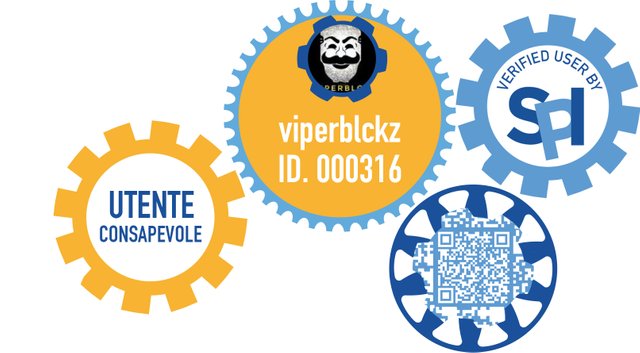Decred: Empowering token-holdersEdit

Bitcoin was predicated on the concept of “One CPU, one vote.” This meant anyone with a PC and an internet connection could plug in, use the network, and compete with other miners to earn Bitcoin. Every one of these had a say in how the network was governed.
In theory, good idea. But in the real world, that’s not how Bitcoin evolved. In a decentralized cryptocurrency network like Bitcoin’s, miners have a lot of power to begin with. They’re the only ones who can determine how the network is run. If they don’t mine blocks, there’s no blockchain.
With time, competition to write the next block in the Bitcoin blockchain intensified dramatically. The cost of all the needed specialized mining hardware went through the roof. Eventually, aspiring miners without the needed capital got left behind. And the remaining miners became fewer and more powerful.
What about folks who just use the Bitcoin ledger, but don’t mine? Well, in the Bitcoin network, they have no say whatsoever in decision-making about the future of the network. Decred set out to fix that. Launched in February 2016, the main idea was to take Bitcoin and add a layer of governance that could prevent miners from seizing control.
Empowering token-holders
They gave token holders the right to vote on all proposals for the Decred ledger. They also gave the token holders the right to vote on every new block that miners produce. If the token holders decide a new block conforms to the rules, it gets written into the immutable blockchain. If they decide otherwise, it’s rejected. Remember our description of Dash last week? We explained how only 45% of mining revenues goes to the miners, while another 45% is reserved for so-called “Masternodes.” Well, Decred introduced something similar. But instead of Masternodes, the ones who get the second set of awards are token holders. Decred gives 60% of revenues to miners, gives 30% to token holders and puts the remaining 10% of mining revenues go into Decred’s Treasury to fund special projects that token holders vote for. So, with Decred, a new type of user emerges, one that first-generation blockchains don’t have: Voters. Technically speaking, that makes Decred a hybrid, combining some features of both Proof of Work and Proof of Stake. Decred founders say this is a fairer, more decentralized way of governing a distributed ledger compared to the way Bitcoin works. And indeed, there are several advantages.
Decred Advantages
Advantage #1. Decred is far less vulnerable to 51% hack attacks. Even if a would-be hacker could somehow gain control over a 51% of Decred’s mining resources, they would still not be able to re-write the blockchain unless they also acquired 60% of the total voting rights. That makes it a heck of a lot tougher to usurp power.
Advantage #2. Decred is not hostage to miner interests. Unfortunately, Bitcoin can’t make a similar claim. In fact, a while back, many folks on the Bitcoin network wanted to increase the block size to cut through bottlenecks and increase processing speeds. It made a lot of sense. But miners nixed the idea because it meant somewhat more work and less revenues for them.
Advantage #3. Flexible code. The Decred blockchain itself is immutable, but the rules governing it are not. Decred developers realized that periodic changes and upgrades are essential to keep up with fast-moving crypto technology. And the best way to achieve this, they concluded, was a governance mechanism based on community voting. Did this also introduce complexities Bitcoin never had to deal with? Yes. For example, conventional 51% attacks may be eliminated. But what’s to keep miners conspiring with token holders in unexpected ways to seize control of the network? Or colluding to get their version of the rules enforced? Or, simply forcing the whole network to a halt by hindering ability to reach consensus? I’m not saying this to conjure up a long list of improbable scenarios. But I do want to make the point that whenever one introduces a new level of complexity into a crypto system, it can sometimes lead to bugs and unintended consequences.
This is not financial advice. I don’t take into account of your personal investment objectives, specific investment goals, specific needs or financial situation and makes no representation and assumes no liability to the accuracy or completeness of the information provided here. The information and publications are not intended to be and do not constitute financial advice, investment advice, trading advice or any other advice or recommendation. Any expression of opinion (which may be subject to change without notice) is personal to the author and the author makes no guarantee of any sort regarding accuracy or completeness of any information or analysis supplied.
